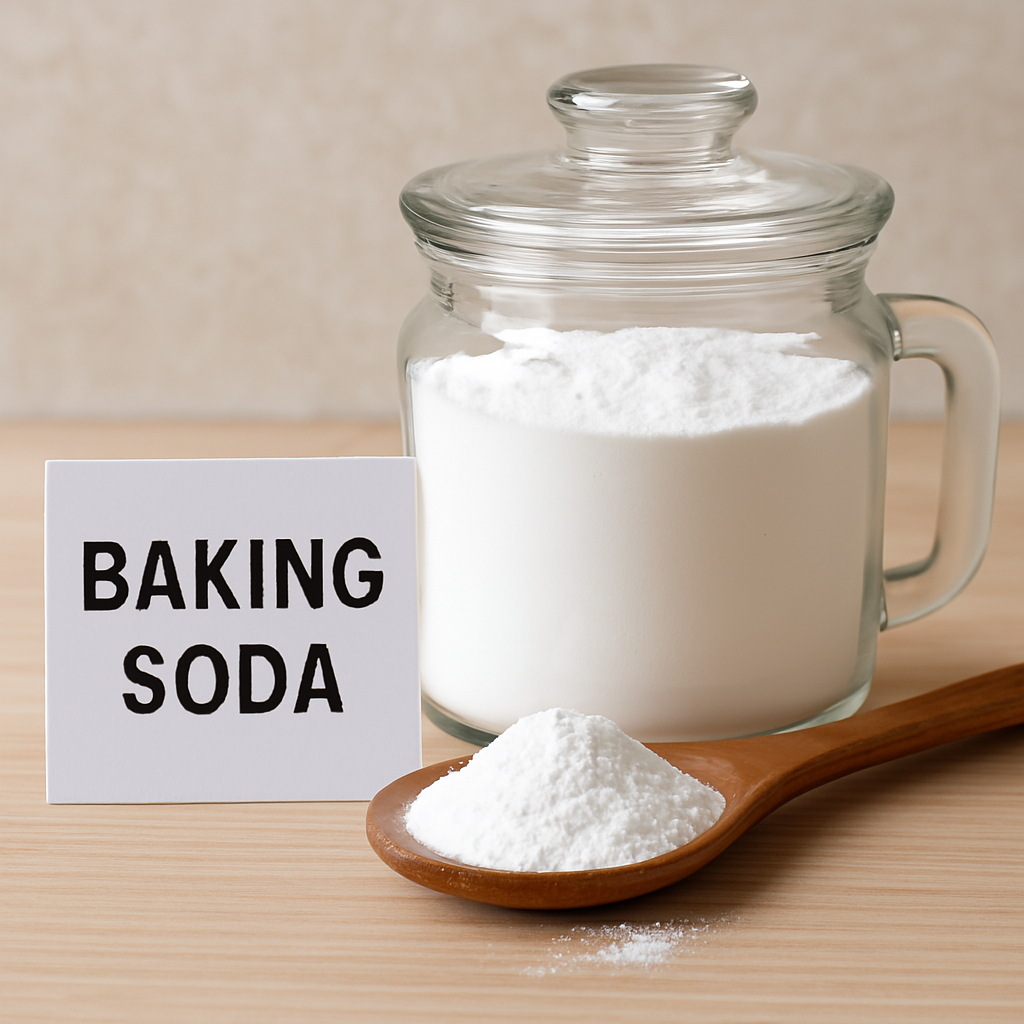Baking soda and water for drinking has gained popularity for its potential health benefits, but it’s important to understand the proper way to use it, along with any risks involved. This article explores how drinking baking soda and water may improve digestion, balance pH levels, and enhance overall performance.

Table of Contents
Benefits of Baking Soda and Water for Drinking
1. Balances pH Levels: Baking soda (sodium bicarbonate) is alkaline and may help neutralize acidity in the body, potentially reducing acid reflux and heartburn.
2. Aids Digestion: Some people believe it helps with indigestion by neutralizing stomach acid. However, frequent use may lead to reduced stomach acidity, which can hinder digestion.
3. Improves Athletic Performance: Baking soda can act as a buffer against lactic acid buildup during intense exercise, potentially enhancing endurance.
4. Supports Kidney Health: It might help people with chronic kidney disease by reducing acid levels in the blood.
5. Detoxification: Some claim it aids in detoxifying the body, though scientific evidence is limited.
5. According to Healthline, baking soda may help neutralize stomach acid, making it a popular home remedy for indigestion.
How to Safely Use Baking Soda and Water for Drinking
While baking soda has potential benefits, it’s essential to follow proper usage guidelines:
Hydration—Drink plenty of water throughout the day to prevent dehydration or imbalances.
Dosage – A common recommendation is to mix ½ teaspoon of baking soda in a glass of water.
Timing—Some people drink it in the morning on an empty stomach, but it’s best to consult a healthcare professional.
Baking Soda and Water for Drinking: Potential Risks
Despite its benefits, consuming baking soda and water may pose some risks, such as:
Alkalosis Risk—Excessive consumption may disrupt the body’s natural acid-base balance.
Overuse Side Effects—Too much can lead to nausea, bloating, or electrolyte imbalances.
High Sodium Content—Baking soda contains sodium, which may not be suitable for individuals with high blood pressure.
Final Thoughts
When used correctly, baking soda and water for drinking may offer some benefits, but it’s crucial to be aware of potential risks. Always start with small amounts and consult a healthcare professional if you have any concerns.
References
1. MedlinePlus, “Sodium Bicarbonate,” U.S. National Library of Medicine.
2. National Kidney Foundation, “The Role of Sodium Bicarbonate in Managing Chronic Kidney Disease.”
3. Journal of Sports Science & Medicine, “Effects of Sodium Bicarbonate on Exercise Performance.”
4. Healthline, “Baking Soda Benefits and Risks.”
5. Mayo Clinic, “Heartburn and Acid Reflux: What You Need to Know.
For more health insights, visit our homepage.


